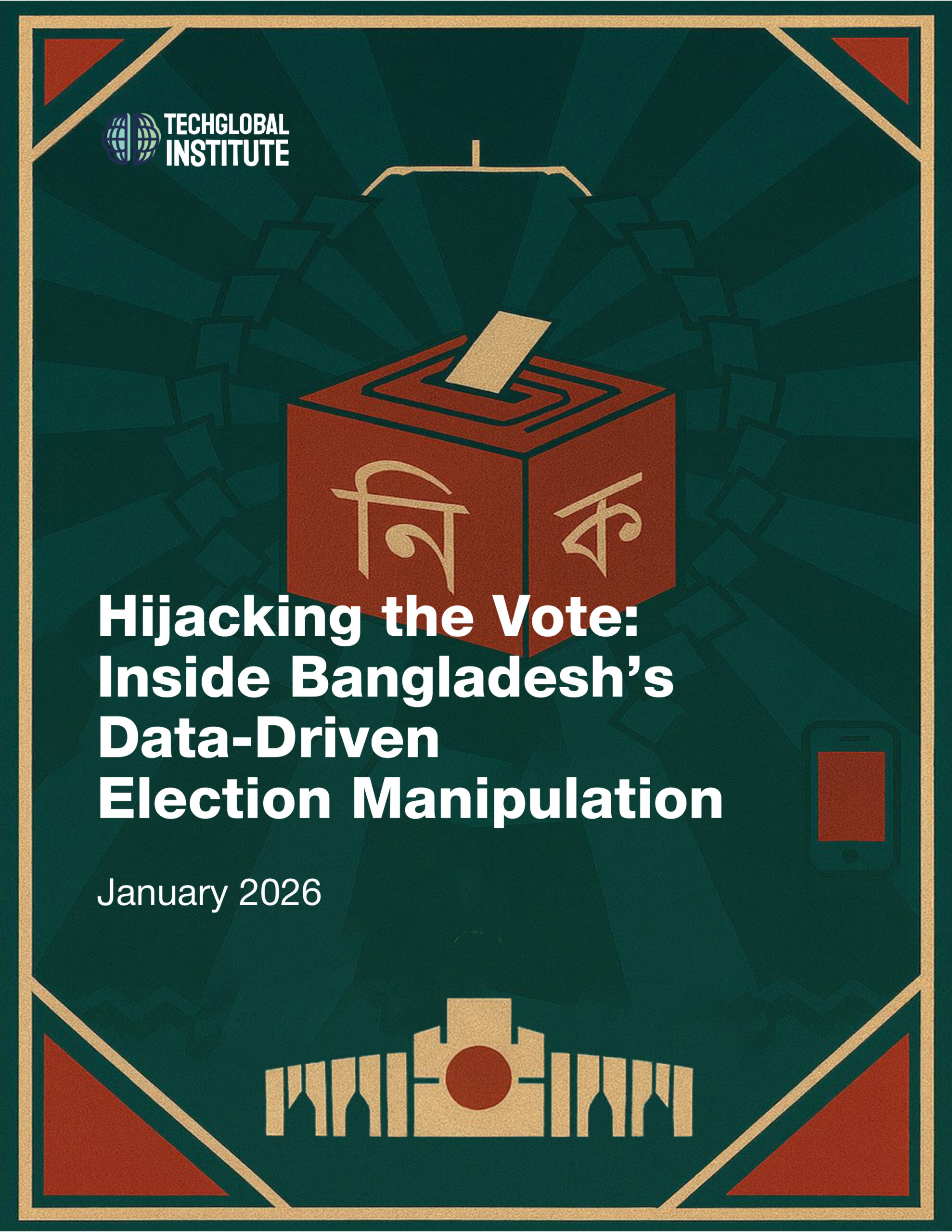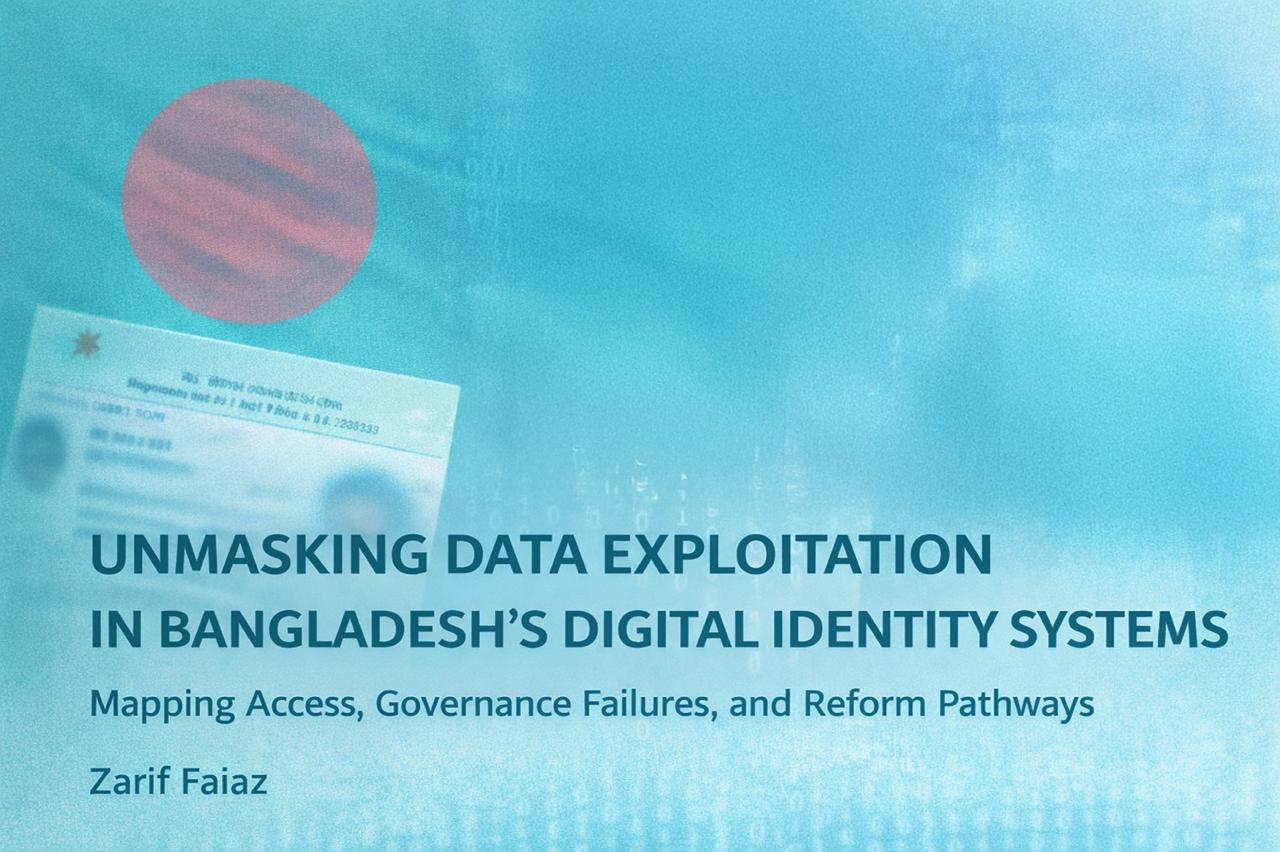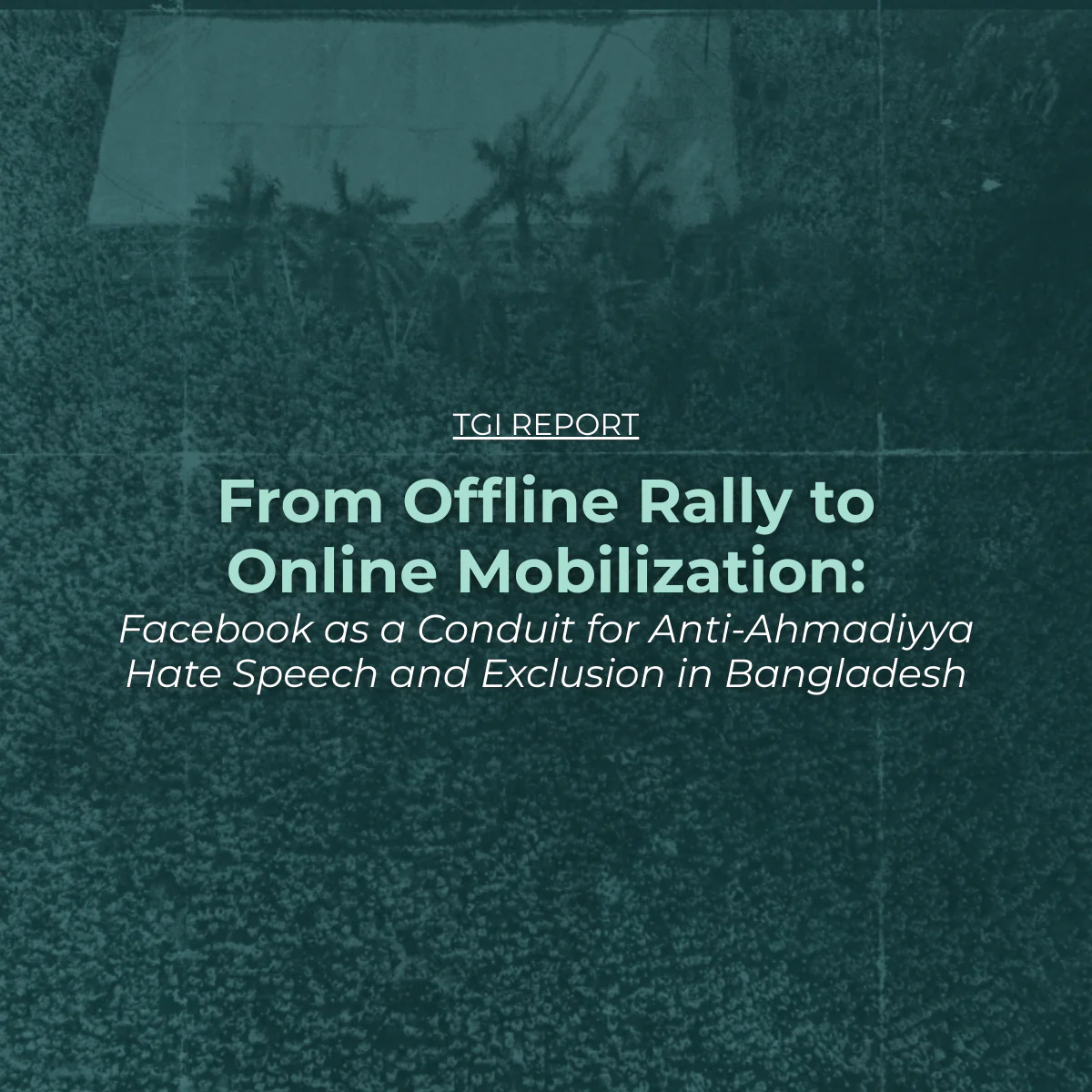Follow-up WSIS+20 Informal Stakeholder Consultation Session
July 29, 2025
Theme: The Digital Economy
Delivered by: Tech Global Institute
Statement
Thank you, your Excellencies. My name is Shumaila Shahani, and I represent the Tech Global Institute (TGI). We co-submitted and fully endorse the joint inputs by the Global Digital Justice Forum and the Global Digital Rights Coalition for WSIS+20.
The Elements Paper provides a useful starting point. To build on it, we propose the Zero Draft incorporate specific provisions to:
- remedy structural imbalances;
- nurture small enterprises; and
- institutionalize fair access principles.
- The current market-led paradigm entrenches digital colonialism through extractive data flows and infrastructure dependency. The Zero Draft must explicitly:
- include language on asymmetric data flows and call for reforms to trade/tax regimes enabling value extraction from the Global South.
- establish a global fund financed by corporate levies on digital monopolies to support Digital Public Infrastructure in developing countries; and
- recognize connectivity as a human right, anchored in the draft’s principles and aligned with the GDC’s commitment to universal access.
- Equally urgent is addressing how Big Tech dominance stifles local innovation. The Zero Draft can break this stranglehold by:
- requiring interoperability in digital infrastructures to reduce SME dependency on Big Tech.
- allocating resources for community-led platforms and cooperatives (e-business); and
- regulating data markets to enable fair competition and local value creation.
- With over one-third of the world’s population still offline due to cost barriers, language divides, and power asymmetries, we need transformative solutions. The Zero Draft must ensure digital growth advances:
- advances gender-responsive and climate-just transitions, ensuring digital growth doesn’t come at the expense of marginalized communities or the environment; and
- prioritizes localized solutions, including multilingual technologies and circular economy models to combat e-waste dumping.
We urge a global internet framework that recenters justice and dismantles colonial legacies. We stand ready to collaborate on this transformative agenda. Thank you.



